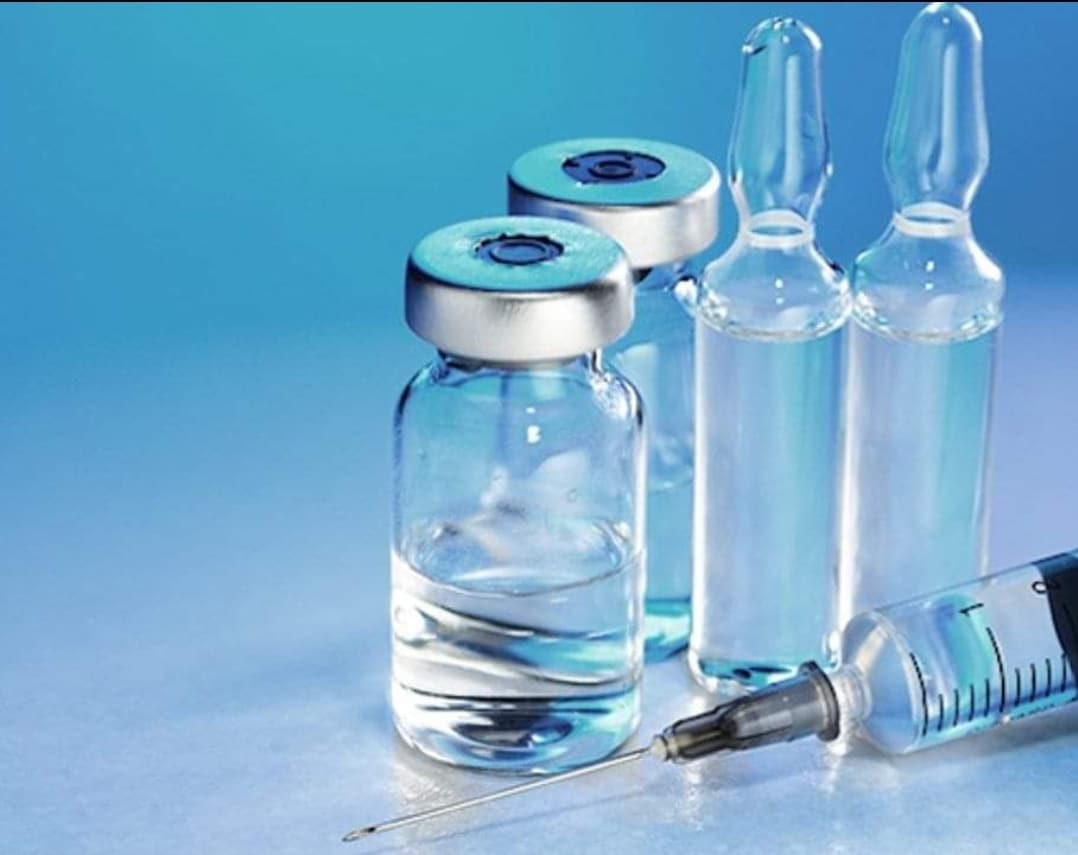USP Auto Injector Device Performance Testing
The USP Auto Injector Device Performance Testing is a critical component of ensuring that auto-injector devices meet stringent safety and efficacy standards set by the United States Pharmacopeia (USP). These tests are essential for verifying that injectable and parenteral products, such as those used in emergency medical treatments or self-administered therapies, function reliably under real-world conditions. This service ensures compliance with USP Chapter 621 which focuses on the performance testing of auto-injectors.
The process involves multiple stages where the device is subjected to various stress tests, including but not limited to, activation under different temperature conditions, pressure variations, and mechanical stresses. The aim is to assess whether the device can consistently deliver the intended dose without failure or deviation from the prescribed specifications.
For quality managers and compliance officers, this service provides assurance that their products meet regulatory requirements, thereby reducing the risk of product recalls and ensuring patient safety. R&D engineers benefit by identifying potential design flaws early in the development process, while procurement teams gain confidence knowing they are sourcing compliant devices from reliable suppliers.
The testing protocol is meticulously designed to simulate the actual conditions under which these devices will be used. This includes assessing the device's ability to withstand temperature changes, ensuring that the plunger moves smoothly and accurately, and verifying that the dosage delivered is within acceptable limits. The use of advanced instrumentation allows for precise measurement and analysis, providing data that can be relied upon in regulatory submissions.
The importance of this testing cannot be overstated, especially given the critical nature of injectable therapies. For instance, a failure during deployment could result in ineffective treatment or even harm to the patient. The service also includes detailed documentation and reporting, which are crucial for meeting regulatory requirements and demonstrating compliance with international standards.
From a broader perspective, this testing ensures that the pharmaceutical industry maintains high standards of quality and safety. By adhering to USP guidelines, manufacturers contribute to the overall trust in medical devices and therapies. This not only benefits patients but also enhances the reputation of the company involved.
Why It Matters
The importance of USP Auto Injector Device Performance Testing cannot be overstated, especially given the critical role these devices play in emergency medical treatments and self-administered therapies. These tests are not just about ensuring that the device functions as intended; they also play a crucial role in patient safety by identifying potential issues early on.
One of the key reasons why this testing is essential is to ensure consistency in dose delivery. A deviation from the prescribed dosage can lead to ineffective treatment or, worse, harmful side effects. The testing process ensures that every device meets the exacting standards set forth by USP Chapter 621.
Another critical aspect of this service is its role in preventing product recalls. By identifying and addressing potential issues during the development stage, manufacturers can avoid costly and time-consuming recalls later on. This not only saves money but also protects the company's reputation and patient trust.
The testing process also ensures compliance with international standards. The use of advanced instrumentation allows for precise measurement and analysis, providing data that can be relied upon in regulatory submissions. This is particularly important given the increasing globalization of pharmaceutical markets.
Finally, this service plays a vital role in enhancing patient safety by ensuring that every device functions reliably under real-world conditions. This is especially critical for emergency medical treatments where time and accuracy are paramount. By adhering to USP guidelines, manufacturers contribute to the overall trust in medical devices and therapies.
Benefits
The benefits of USP Auto Injector Device Performance Testing are multifaceted and extend across various stakeholders within the pharmaceutical industry. For quality managers and compliance officers, this service provides assurance that their products meet regulatory requirements, thereby reducing the risk of product recalls and ensuring patient safety.
R&D engineers benefit by identifying potential design flaws early in the development process. This allows for timely corrections and improvements, leading to more robust and reliable devices. Procurement teams gain confidence knowing they are sourcing compliant devices from reliable suppliers.
The testing protocol ensures consistency in dose delivery, which is crucial for effective treatment and patient safety. By adhering to USP guidelines, manufacturers contribute to the overall trust in medical devices and therapies. This not only benefits patients but also enhances the reputation of the company involved.
Finally, the use of advanced instrumentation allows for precise measurement and analysis, providing data that can be relied upon in regulatory submissions. This is particularly important given the increasing globalization of pharmaceutical markets. By ensuring compliance with international standards, manufacturers are better positioned to compete on a global scale.
International Acceptance and Recognition
The USP Auto Injector Device Performance Testing is widely recognized and accepted in the pharmaceutical industry for its rigorous testing protocols and adherence to international standards. This service ensures that auto-injector devices meet stringent safety and efficacy standards set by the United States Pharmacopeia (USP), which is a key regulatory body for drug quality, purity, and effectiveness.
The USP guidelines are accepted worldwide and are recognized as a benchmark for pharmaceutical testing. The use of advanced instrumentation allows for precise measurement and analysis, providing data that can be relied upon in regulatory submissions. This is particularly important given the increasing globalization of pharmaceutical markets.
Many countries have adopted these standards to ensure high-quality medical devices. For instance, the European Union (EU) and other regions around the world recognize the importance of USP testing protocols. The acceptance of these guidelines not only enhances patient safety but also promotes a higher standard of care globally.
The international recognition of this service underscores its significance in the global pharmaceutical market. By adhering to USP guidelines, manufacturers can ensure that their products meet the highest quality standards and are accepted worldwide. This not only benefits patients but also enhances the reputation of companies involved in the testing process.





